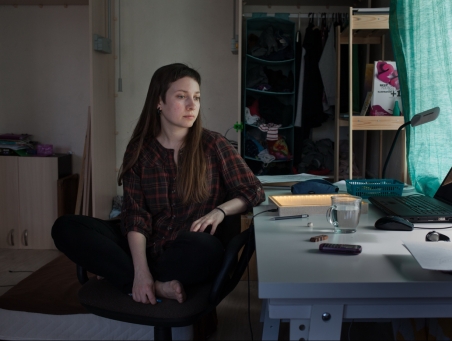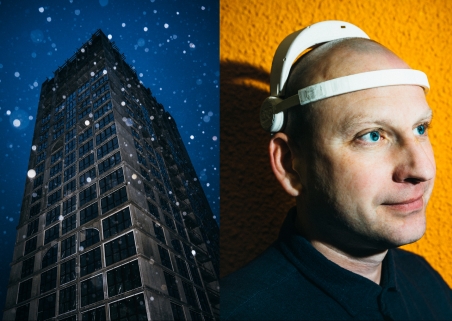The non-elections of Belarus

If you have thirty seconds of your time to understand the Parliamentary elections in Belarus to take place this Sunday, here is all you need to know.
1) The Belarusian authorities have succeeded in turning the elections into a foreseeable automated, and an utterly boring process.
2) The public field, where the opposition can legally function, has been disinfected to the level where every life form dies.
3) Despite a deep economic crisis, the Belarusians will not protest. If they do, they are not Belarusian.
4) The EU disregards the ongoing violations of human rights in Belarus and the absurdity of these elections to keep the leadership of the country engaged into a so-called dialogue. And it will continue to do so.
The elections have been forged in Belarus since 2001. But at that point there were still a couple of actual politicians in the Parliament. The last time there was some intrigue as to the Parliamentary elections, not a single independent candidate made it. And it was back in 2004. Since then, the Belarusian Parliament has been sterile, constituted by heads of state hospitals, kolkhozes, factories and schools, i.e. all those, completely dependent on and thus loyal to the state. When you walk the streets of Minsk today, you will not spot the usual pre-election fuss. The future winners are not campaigning since their seat is guaranteed, their competition doesn’t campaign since they have been put on the voting list for the pure purpose of creating an illusion of multiple choices.
There have been rumors that due to a dialogue with the EU, the regime might let a couple of opposition people in this time. The optimistic remnants of the Belarusian political forces, steadily and firmly repressed for the past twenty years, have plucked up their courage, gathered their scattered resources and tried to campaign. But their efforts were dismissed - the majority of prominent politicians did not get registered as candidates.
And the few people that can bring actual change to Belarus cannot participate in the elections all together, due to their prior convictions for trying to bring that change. Some experts still remain hopeful. Maybe, two opposition candidates will get elected – to prove to the international audience there is political freedom in Belarus and disregard their lonely voices in the future. The dialogue with the EU is not much of an incentive for the Belarusian regime to open up. The last time there was such a dialogue, several hundreds peaceful protesters were arrested along with all the opposition candidates in the Presidential elections of 2010.
It is not only the harsh repressions from the side of the Belarusian authorities that keep Belarusians at home. After the Russian invasion of Ukraine and a war propaganda campaign on the Russian TV channels, that completely dominate Belarusian media sphere, the protest moods of the population have dropped to the minimum. First of all, people are not ready to die for fair elections. And it is clear that the current government is determined to keep the power. And second, there are too many Russian military bases inside the country and on its eastern border, so not even the opposition wants to call for a demonstration and give the Russians the excuse to invade and “protect the Russian speaking population from nationalists”. And unlike Ukraine, Belarus will not even get the declarations of help should the little green men appear in Belarus.
A successful transition in any country can only be guaranteed by a shift of values within the society. So the best the EU could do would be intensifying people-to-people contacts, cultural programs and support to the independent media and NGOs in Belarus. For now it means continuing the dialogue with the Belarusian authorities. But please, bear in mind, it is still the same regime that doesn’t hesitate to use violence in silencing the opposition and independent media, practices death penalty within its corrupt and state dependent legal system and builds a nuclear power plant right on the border of the EU, concealing its breakdowns already at the stage of the construction.

